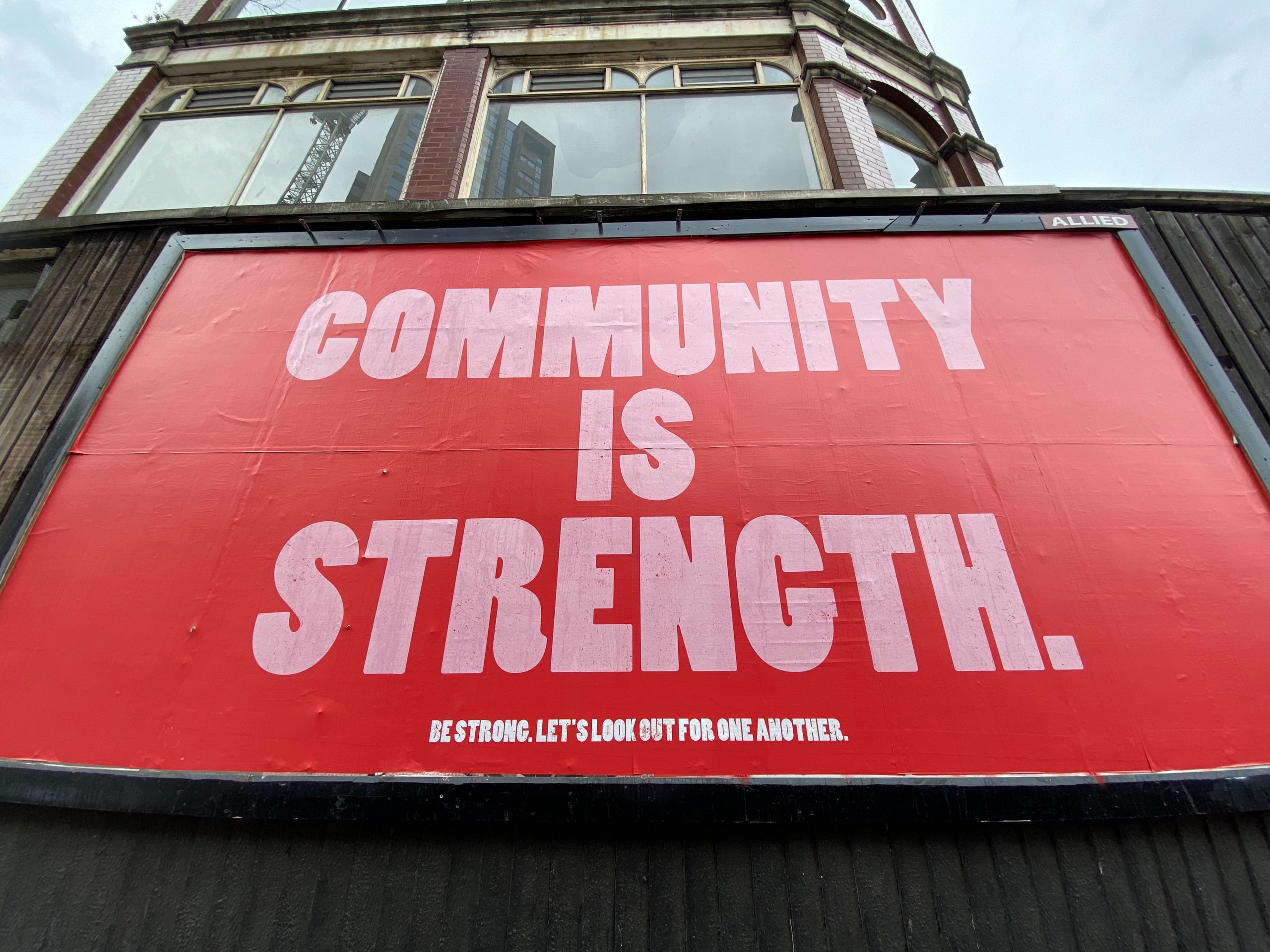Last week a bun-fight kicked off on the Linux kernel mailing list that led to some interesting questions about how and when we protect open source projects from bad actors. This also shone the light on some interesting community dynamics.
The touchpaper was lit when Bradley Kuhn, president of the Software Freedom Conservancy (an organization that provides legal and administrative services for free software and open source projects) posted a reply to Greg KH on the Linux kernel mailing list:
I
observe now that the last 10 years brought something that never occurred
before with any other copylefted code. Specifically, with Linux, we find
both major and minor industry players determined to violate the GPL, on
purpose, and refuse to comply, and tell us to our faces: “you think that we
have to follow the GPL? Ok, then take us to Court. We won’t comply
otherwise.” (None of the companies in your historical examples ever did
this, Greg.) And, the decision to take that position is wholly in the hands
of the violators, not the enforcers.
He went on to say:
In response, we have two options: we can all decide to give up on the GPL, or
we can enforce it in Courts.
This rather ruffled Linus’s feathers who feels that lawyers are more part of the problem than the solution:
The fact is, the people who have created open source and made it a
success have been the developers doing work – and the companies that
we could get involved by showing that we are not all insane crazy
people like the FSF. The people who have destroyed projects have been lawyers that
claimed to be out to “save” those projects.
What followed has been a long and quite interesting discussion that is still rumbling on.
In a nutshell, this rather heated (and at times unnecessarily personal) debate has focused on when is the right time to defend the rights on the GPL. Bradley is of the view that these rights should be intrinsically defended as they are as important (if not more important) than the code. Linus is of the view that the practicalities of the software industry mean sending in the lawyers can potentially have an even more damaging effect as companies will tense up and choose to stay away.
Ethics and Pragmatism
Now, I have no dog in this race. I am a financial supporter of the Software Freedom Conservancy and the Free Software Foundation. I have an active working relationship with the Linux Foundation and I am friends with all the main players in this discussion, Linus, Greg, Bradley, Karen, Matthew, and Jeremy. I am not on anyone’s “side” here and I see value in the different perspectives brought to the table.
With that said, the core of this debate is the balance of ethics and pragmatism, something which has existed in open source and free software for a long time.
Linus and Bradley are good examples of either side of the aisle.
Linus has always been a pragmatic guy, and his stewardship of Linux has demonstrated that. Linus prioritizes the value of the GPL for practical software engineering and community-building purposes more-so than wider ideological free software ambitions. With Linus, practicality and tangible output come first.
Bradley is different. For Bradley, software freedom is first and foremost a moral issue. Bradley’s talents and interests lay with the legal and copyright aspects more-so than software engineering, so naturally his work has focused on licensing, copyright, and protection.
Now, this is not to suggest Linus doesn’t have ethics or that Bradley isn’t pragmatic, but their priorities are drawn in different areas. This results in differences in expectations, tone, and approach, with this debate being a good example.
Linus and Bradley are not alone here. For a long time there have been differences between organizations such as the Linux Foundation, the Free Software Foundation, and the Open Source Initiative. Again, each of these organizations draw their ethical and pragmatic priorities differently and they attract supporters who commonly share those similar lines in the sand.
I am a supporter of all of these organizations. I believe the Linux Foundation has had an unbelievably positive effect in normalizing and bridging the open source culture, methodology, and mindset to the wider business world. The Open Source Initiative have done wonderful work as stewards of licenses that thousands of organizations depend on. The Free Software Foundation has laid out a core set of principles around software freedom that are worthy for us all to strive for.
As such, I often take the view that everyone is bringing value, but everyone is also somewhat blinded by their own priorities and biases.
My Conclusion
Unsurprisingly, I see value in both sides of the debate.
Linus rightly raises the practicalities of the software industry. This is an industry in that is driven by a wide range of different forcing functions and pressures: politics, competition, supply/demand, historical precedent, cultural norms, and more. Many of these companies do great things, and some do shitty things. That is human beings for you.
As such, and like any industry, nothing is black and white. This isn’t as simple as Company A licenses code under the GPL and if they don’t meet the expectations of the license they should face legal consequences until they do. Each company has a delicate mix of these driving forces and Linus is absolutely right that a legal recourse could potentially have the inverse effect of reducing participation rather than improving it.
On the other hand, the GPL (or another open source license) does have to have meaning. As we have seen in countless societies in history, if rules are not enforced, humans will naturally try to break the rules. This always starts as small infractions but then ultimately grows more and more as the waters are tested. So, Bradley raises an important point, and while we should take a realistic and pragmatic approach to the norms of the industry, we do need people who are willing and able to enforce open source licenses.
The subtlety is in how we handle this. We need to lead with nuance and negotiation and not with antagonistic legal implications. The lawyers have to be a last resort and we should all be careful not to infer an overblown legal recourse for organizations that skirt the requirements of these licenses.
Anyone who has been working in this industry knows that the way you get things done in an organization is via a series of indirect nudges. We change organizations and industries with relationships, trust, and collaboration, and providing a supporting function to accomplish the outcome we want.
Of course, sometimes there has to be legal consequences, but this has to genuinely be a last resort. We need to not be under the illusion that legal action is an isolated act of protection. While legal action may protect the GPL in that specific scenario it will also freak out lots of people watching it unfold. Thus, it is critical that we consider the optics of legal action as much as the practical benefits from within that specific case.
The solution here, as is always the case, is more dialog that is empathetic to the views of those we disagree with. Linus, Bradley, and everyone else embroiled in this debate are on the right side of history. We just need to work together to find common ground and strategies: I am confident they are there.
What do you think? Do I have an accurate read on this debate? Am I missing something important? Share your thoughts below in the comments!








